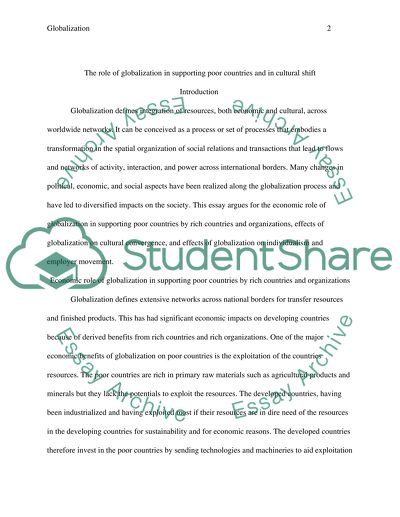Cite this document
(“Globalization Essay Example | Topics and Well Written Essays - 1250 words - 10”, n.d.)
Globalization Essay Example | Topics and Well Written Essays - 1250 words - 10. Retrieved from https://studentshare.org/miscellaneous/1622773-globalization
Globalization Essay Example | Topics and Well Written Essays - 1250 words - 10. Retrieved from https://studentshare.org/miscellaneous/1622773-globalization
(Globalization Essay Example | Topics and Well Written Essays - 1250 Words - 10)
Globalization Essay Example | Topics and Well Written Essays - 1250 Words - 10. https://studentshare.org/miscellaneous/1622773-globalization.
Globalization Essay Example | Topics and Well Written Essays - 1250 Words - 10. https://studentshare.org/miscellaneous/1622773-globalization.
“Globalization Essay Example | Topics and Well Written Essays - 1250 Words - 10”, n.d. https://studentshare.org/miscellaneous/1622773-globalization.


